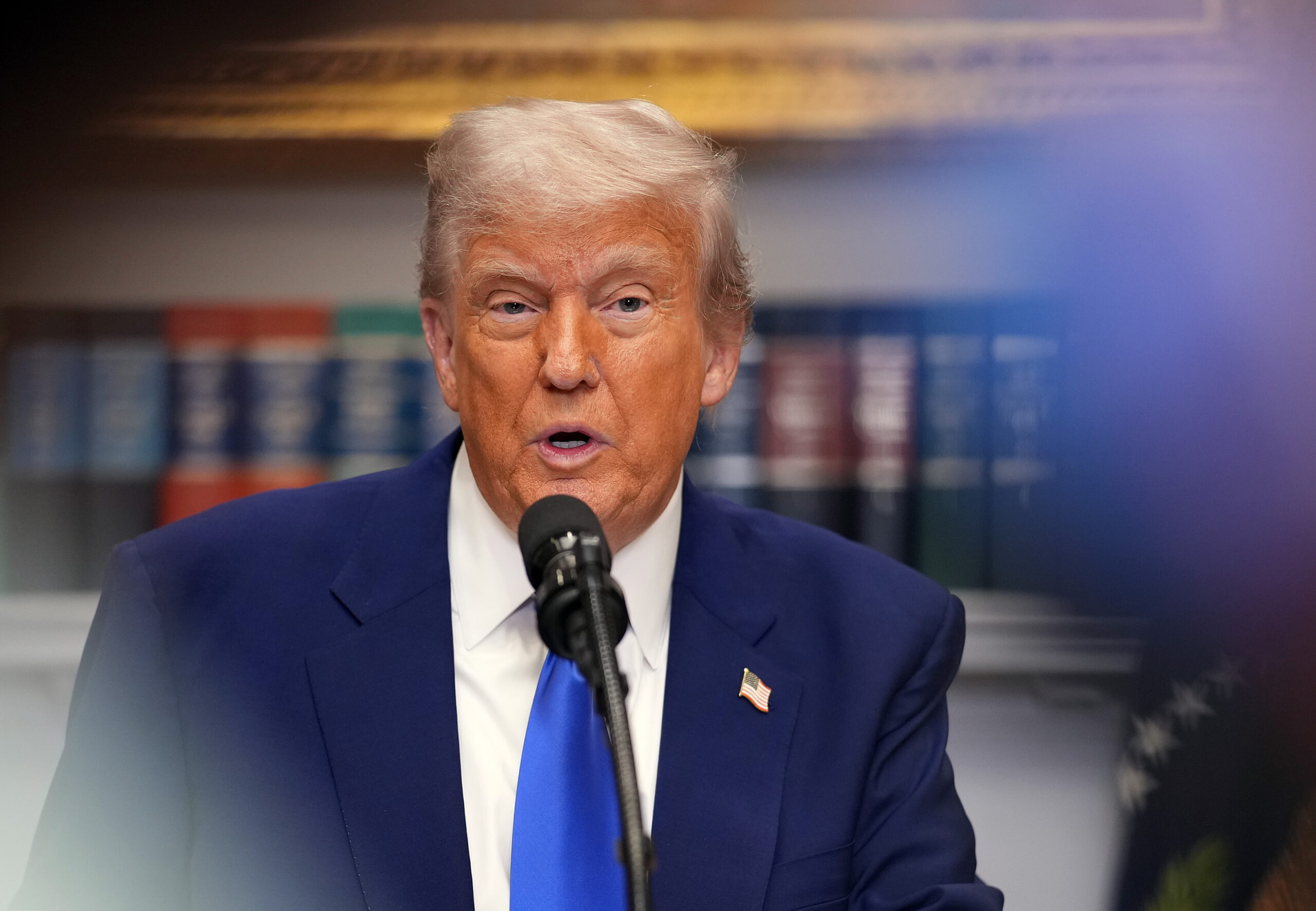
The company that owns Guinness has issued a warning about the potential impact of Donald Trump‘s tariffs on their profits.
Diageo, which is behind well-known alcoholic drinks brands including Guinness and Johnnie Walker whiskey, said in an update on Monday that it expects to lose $150 million annually from duties imposed by the U.S. However, this is less than the $200 million it predicted it would lose in February.
Why It Matters
On April 2, which Trump called “Liberation Day,” the president announced tariffs on countries all over the world. Along with a 10 percent “baseline” tariff on almost all imported goods, Trump introduced “reciprocal” tariffs on some trading partners, such as 20 percent on the European Union and 26 percent on India.
After the markets had a negative reaction, Trump then announced a 90-day pause on reciprocal tariffs but maintained the baseline rate.
Since then, some companies have said they will increase prices to mitigate the impact of import taxes.
Andrew Harnik/GETTY
What To Know
Diageo is affected by 10 percent tariffs on imports from places including Britain and the European Union but the company’s tequila and Canadian whiskey brands are exempt from levies.
In the update, the spirits company said that tariffs between the U.S. and China “do not have a material impact on our business” and that they “will be able to mitigate around half of this impact on operating profit on an ongoing basis.”
“Looking ahead, we will continue to work on measures to mitigate this
impact further,” the update read. “Our long track record of managing international tariffs gives us confidence in our ability to navigate this successfully. The expected impact in fiscal 25 and fiscal 26 is included in our guidance.”
Diageo’s net sales rose 2.9 per cent to $4.4bn in the first three months of the year.
Meanwhile, Diageo said it planned to save $500 million costs by 2028 to boost cash flow.
What People Are Saying
Diageo CEO Debra Crew in a trading statement: ” We continue to believe in the attractive long-term fundamentals of our industry and in our ability to outperform the market. We view the near-term industry pressure as largely macroeconomic driven, with continued uncertainty impacting both the timing and pace of recovery.”
Aarin Chiekrie, an equity analyst at the broker Hargreaves Lansdown, told the Guardian that increasing prices could help Diageo offset the impact of tariffs. “But this will take a bit of time to enact,” he said. “Zooming out, the picture is starting to look a touch better than it has for some time.
“Sales to China are largely unaffected by tariffs, Latin America and the Caribbean are lapping some weak comparable figures, and there are early signs that the industry is recovering from its cyclical hangover.”
What Happens Next
The extent to which tariffs impact the finances of different companies will become clearer as they continue.
Whether Trump introduces more tariffs or changes his policy in response to economic concerns remains to be seen.
